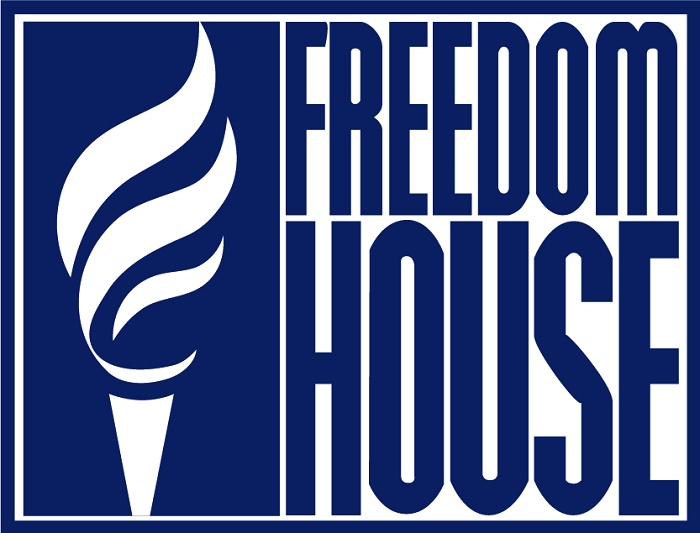Turkey has fallen into the “not free” category of countries ranked by Freedom House in its “Freedom on the Net 2016” report, with the NGO watchdog citing how Ankara suspends mobile and Internet connections in many different parts of the country while noting that “Pro government trolls have escalated their campaigns to harass opposition voices.”
The report, which covers events between June 1, 2015 and May 31, 2016, concludes that a third of the world lives in countries where the Internet is “not free,” while Turkey has been downgraded to “Not Free” for the first time.
“Internet freedom around the world declined in 2016 for the sixth consecutive year, Two-thirds of all internet users – 67 percent – live in countries where criticism of the government, military, or ruling family are subject to censorship. Social media users face unprecedented penalties, as authorities in 38 countries made arrests based on social media posts over the past year. Globally, 27 percent of all internet users live in countries where people have been arrested for publishing, sharing, or merely “liking” content on Facebook,” the report said.
The report also noted that Internet freedom declined in Turkey in the 2015-16 period amid network shutdowns, blocking of social media, lengthy prison sentences and nationwide cyberattacks.
“Over 100,000 websites were reportedly blocked in the country as of 2016, including a wide variety of political, social, and religious content. Dozens of news agencies and social media accounts covering Kurdish issues have been either blocked or shut down for allegedly promoting terrorist propaganda over the past year. Journalists and even university students have been convicted on spurious terrorism-related charges and sentenced to multiyear prison terms, “said the report.
Freedom House also noted that “insulting” public officials, particularly President Recep Tayyip Erdoğan, turned into the most common charge in the country as Erdoğan alone has filed criminal defamation complaints against more than 2,000 people since elected to his current office in August 2014.
“Authorities hastily introduced gag orders on the dissemination of images and videos of the bombings, resulting in the blocking of hundreds of URLs. Access to Facebook, Twitter, and YouTube was repeatedly throttled until the companies removed controversial content. Specific hashtags related to the bomb sites, like #Istanbul, #Ankara, and #Diyarbakir, were temporarily filtered from Instagram. Counterterrorism operations in the southeastern region of the country repeatedly resulted in the suspension of 3G networks, affecting millions of residents for days at a time,” the report added.
The report is based on six key developments between June 2015–May 2016:
- Mobile and Internet connections were repeatedly suspended in Yuksekova, Cizre, Sur, Silopi and other cities in the southeast of the country during raids by security agencies against militants;
- Twitter, Facebook and YouTube were temporarily blocked on numerous occasions —typically in the aftermath of terrorist attacks — until they restricted access to specific posts or accounts;
- Turkey accounted for almost 90 percent of all content that was locally restricted by Twitter in the second half of 2015. Turkey’s regulator fined the company TR 150,000 (US $51,000) for refusing to remove what it termed “terrorist propaganda” from the site;
- Pro-government trolls have escalated their campaigns to harass opposition voices and organizations on social media through smear campaigns and fake accounts;
- Journalists such as Hayri Tunç, Aytekin Gezici and Bülent Keneş received lengthy prison sentences for “insulting” public officials or spreading “terrorism propaganda”; and
- A 14-day cyberattack brought almost 400,000 Turkish websites offline and temporarily suspended retail banking services in the country.
Read The entire report here: https://freedomhouse.org/report/freedom-net/freedom-net-2016
(Turkey Purge)



